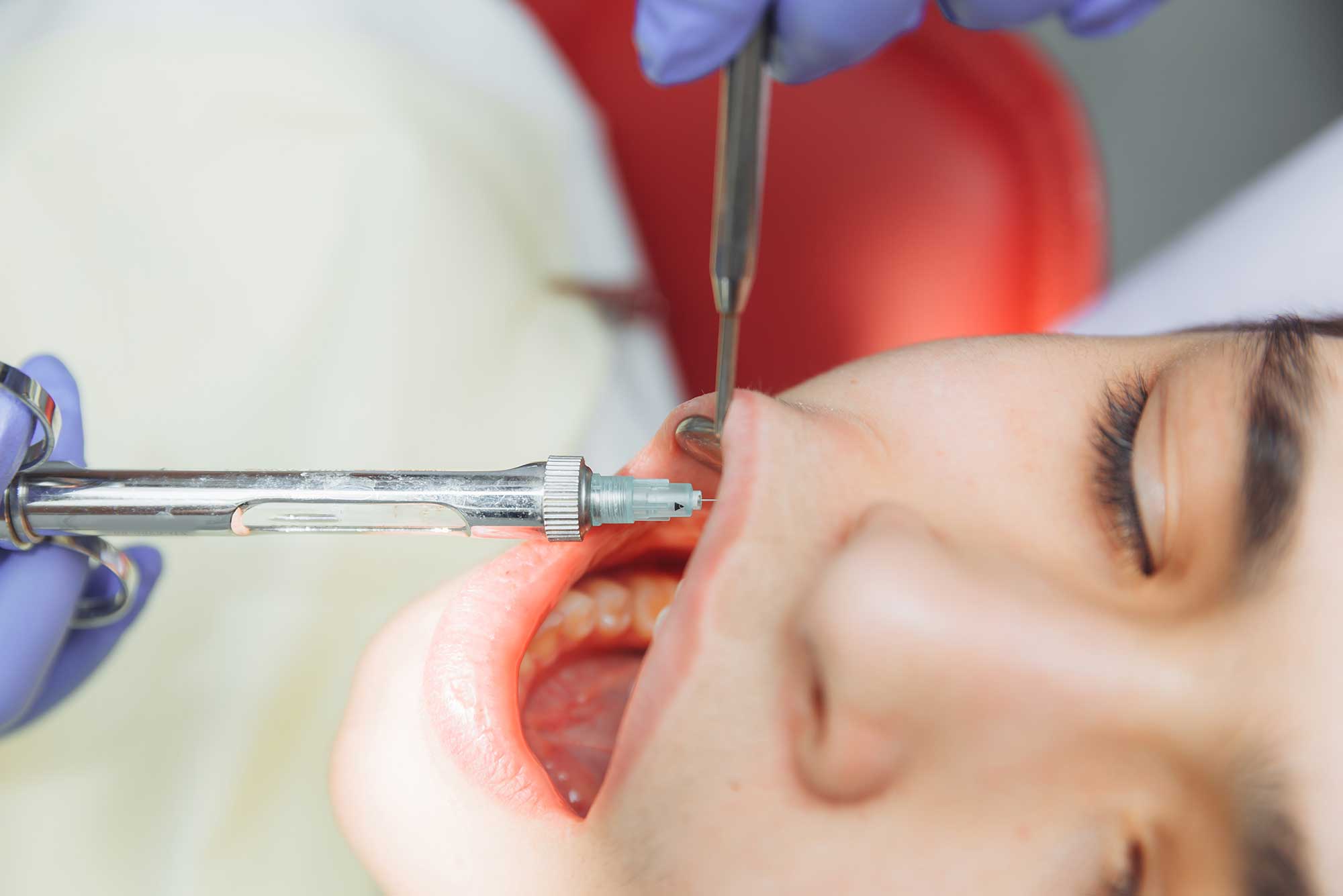Teeth removal, also known as tooth extraction, is a common dental procedure performed when a tooth is damaged, decayed, or poses a risk to overall oral health.

Extractions may also be necessary to address overcrowding, prepare for orthodontic treatment, or remove impacted wisdom teeth. Our clinic provides both simple and surgical extractions in a safe, comfortable environment, ensuring a smooth experience and a speedy recovery.
Call Us for Emergency
Get a Implant Consult Appointment

Check out the process of visiting Us
Your journey starts with a comprehensive consultation and assessment.
Based on your assessment, we’ll develop a personalized treatment plan tailored just for you.
After finalizing your treatment plan, the next step is the treatment start. Your dentist will work closely with you to ensure your instructions and needs are met throughout the process.
After completion of treatment, the final step is follow-up care to ensure success and ongoing health improvement. Dentist will schedule appointments for monitoring progress and addressing concerns, as well as for long-term wellness.
The procedure itself is not painful as local anesthesia is used to numb the area. You may feel some pressure during the extraction, but you should not experience pain. After the procedure, some discomfort and swelling are normal, but they can be managed with prescribed pain medication and following post-operative care instructions.
Recovery time varies depending on the complexity of the extraction, but most patients feel better in a few days. Swelling and tenderness may last up to a week. Following your dentist’s aftercare instructions, such as avoiding strenuous activity and eating soft foods, can help speed up the healing process.
Stick to soft foods like yogurt, mashed potatoes, soup, and smoothies for the first few days. Avoid hot, spicy, crunchy, or chewy foods that could irritate the extraction site. Gradually reintroduce solid foods as you heal.
To avoid dry socket, a painful condition where the blood clot at the extraction site dislodges, avoid drinking through straws, smoking, spitting, or vigorous rinsing for at least 48 hours after the procedure. Follow your dentist's aftercare instructions carefully to minimize the risk of complications.